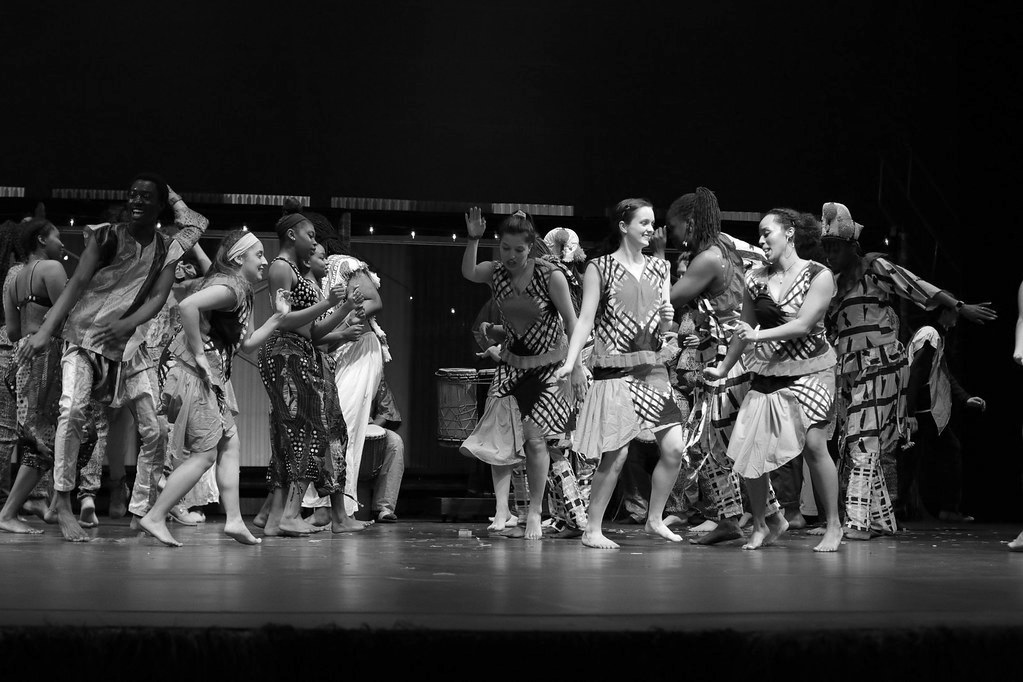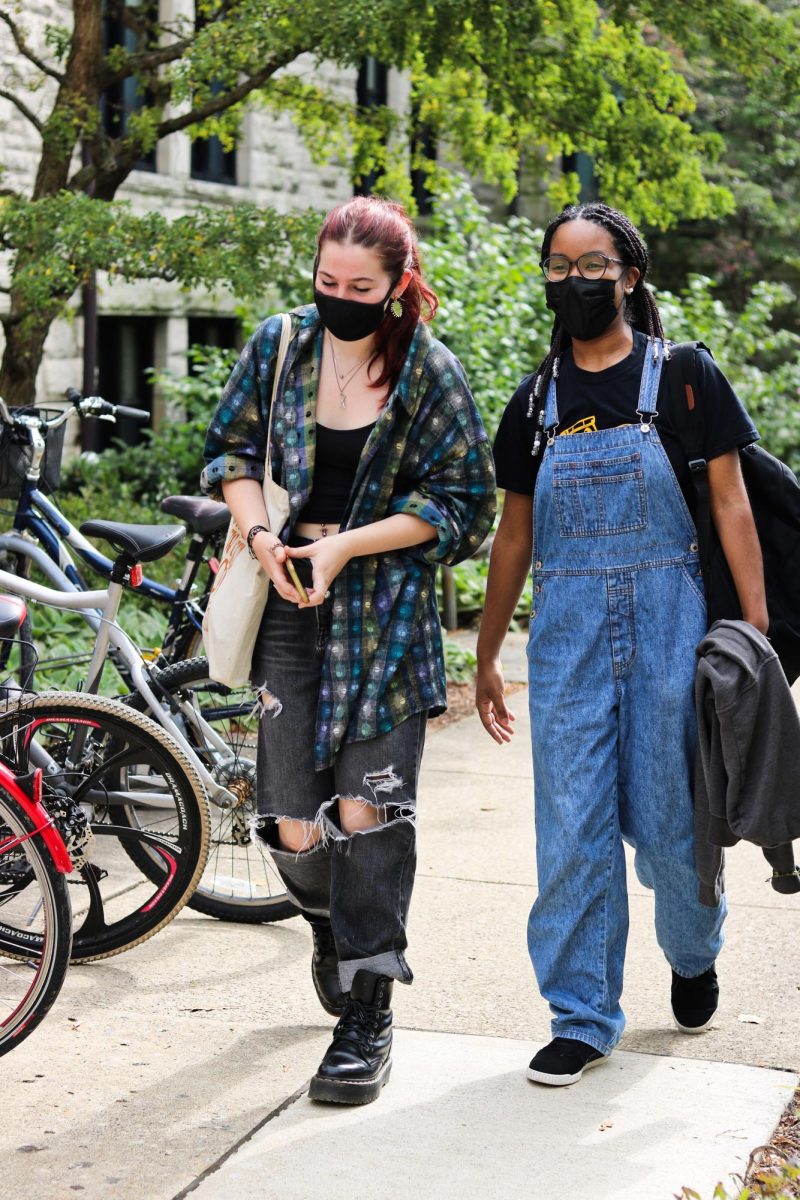Oberlin College’s reputation for its cooperative and noncompetitive culture precedes it. Prospective student message boards and admissions forums attest to these characteristics on campus, while the College’s own digital presence celebrates and acknowledges its students’ accomplishments in post after post.
Yet it is worth noting which ones don’t make the cut. The fact that Oberlin cannot celebrate each and every student with an individual shoutout is self-evident, and prioritizes those whose accomplishments are truly extraordinary, such as winners of Fulbrights or Critical Language Scholarships, seems more pragmatic than exclusionary. But can the same be said of the ways in which Oberlin students perceive the accomplishments of their peers outside of the digital realm?
Alongside their name, pronouns, year, and major, students are frequently asked to share what they did over the summer in initial class meetings as if it is as integral to their identity and educational pursuit as the former categories. And while my answers over the years have varied, I don’t think I’m the only one who has felt sheepish when sharing my restaurant job among high-achieving peers, or feeling a mix of jealousy and admiration toward said peers, or feeling a newfound sense of pride upon my circumstances changing.
In the period of transition at the beginning of this past summer, in which I was fortunate enough to be able to hold off on returning to the job that I had held the two summers prior in search of a “better” opportunity, I spent what felt like nearly the same amount of time scrolling on LinkedIn as I did sending in applications. Inundating my feed were posts by my peers that updated their work experience to summer 2023, with likes and comments of congratulations from their followers. Notably, I saw these comments dwindle in quantity for those conventionally less prestigious — though often still grueling — jobs. My desperation in searching for new employment this summer was in part because I dreaded returning to my previous job but also admittedly because I felt a need to join the ranks of these peers who I felt were miles ahead of me professionally.
But in what sense is an internship qualitatively better than working at a restaurant or in retail? Where does being a camp counselor fall in this arbitrary hierarchy? The appeal of more highly competitive opportunities on the part of the applicant isn’t hard to miss, whether it be work experience that might engender more opportunities in a student’s chosen field after college, the prestige that comes with having been selected for such an opportunity from among large applicant pools, or simply a means of curating a more pleasant summer for oneself before the return to school.
In arguing this, I understand that these professional opportunities, especially when relating to a student’s chosen area of study, are often preferable to service work. This doesn’t mean these summer jobs are less deserving of respect. The implicit hierarchy that many students assign to summer jobs and internships contradicts the egalitarianism that characterizes Oberlin’s reputation and the leftist leanings that so many students, writing-class or often otherwise, outwardly profess.
Though many such students will, for this reason, shy away from the explicit denigration of said labor, where they choose to allocate their praise speaks for itself. That many students are relegated to these jobs precisely because they cannot afford the unpaid internships that are feasible only for more well-off peers or because they lack the luck or connections by which such opportunities are often actually secured only further perpetuates the classism of which the dismissal of this type of labor reeks.
When you withhold the praise toward some students while you readily lavish upon others with more seemingly prestigious jobs, do you consider that there might be little to no difference in merit among them? This is not to say that luckier students are unworthy of celebration, nor that other students are awaiting your congratulations for summer jobs that paid the bills but for which they otherwise had no enthusiasm.
Rather, as we are still fresh off of summer’s end, I advocate for Oberlin students to extend their respect and recognition to all of their peers, and to dispel the notion that anyone is more or less worthy of these acknowledgements than others.
I am genuinely happy for those among my peers who enjoyed, learned, or gained valuable experience from prestigious summer employment, though no more so than the equally deserving students who, due to some combination of circumstance, luck, or necessity, spent their summers differently.





